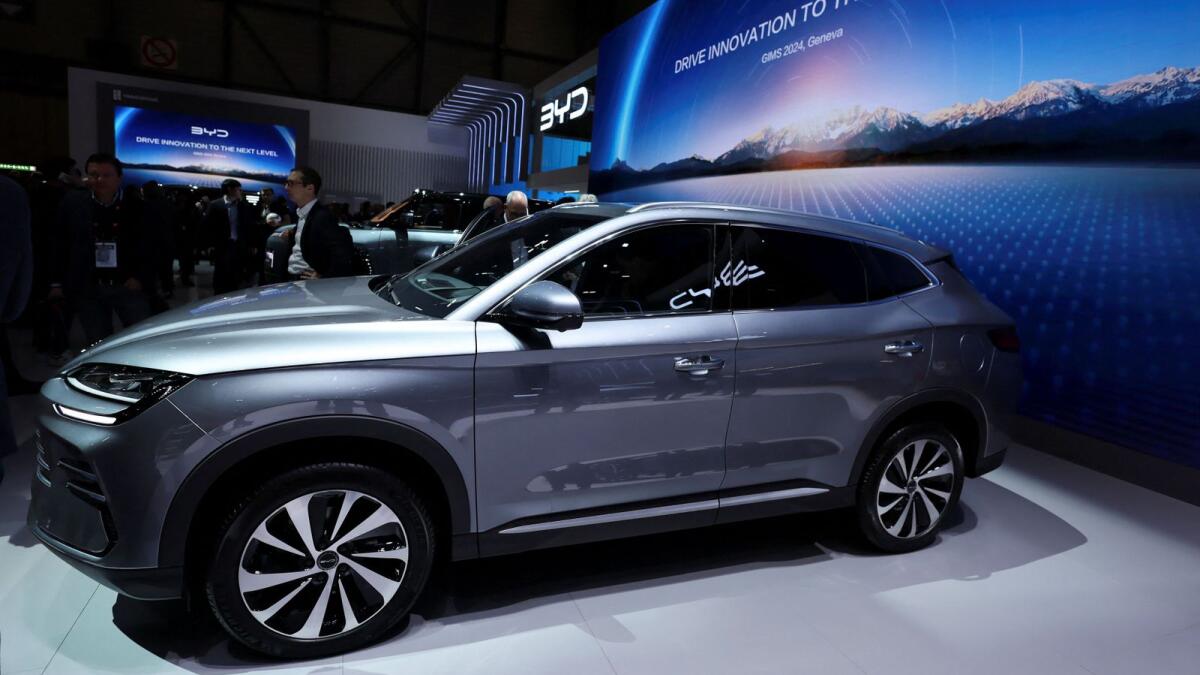The World Trade Organisation has agreed to set up a panel to investigate US subsidies for electric vehicles following a complaint from China. China accused the US of unfair competition due to discriminatory subsidy policies for new energy vehicles, such as electric cars and hybrids. In response, the United States defended its actions as a way to address the climate crisis and enhance US economic competitiveness. The US argues that the subsidies were necessary to counter China’s support for electric vehicles and the green industry through state funds and research and development. China denies unfair industrial policies and claims that the US subsidies violate WTO rules.
After blocking an initial request for a WTO panel in July, a second request was granted during a recent meeting. Under WTO regulations, parties can block a first arbitration panel request, but a second request likely results in the establishment of a panel. Despite US objections, China has pushed for the establishment of a panel to proceed with the dispute. The US representative called China’s challenge hypocritical and emphasized that the clean energy tax credits under the Inflation Reduction Act are in line with WTO rules and crucial for addressing global climate issues.
The ongoing WTO dispute between China and the US comes amidst escalating trade tensions between the two countries, including disputes over customs duties, advanced technologies, and the potential ban of popular social media platform TikTok. In May, the US announced a fourfold increase in customs duties on imported Chinese electric vehicles as part of the economic competition between the two countries, which has been a focal point of the US presidential campaign. The disagreement over electric vehicle subsidies is just one example of the broader trade conflicts between China and the US, with both countries looking to protect their domestic industries and gain a competitive advantage in the global market.
The establishment of an expert panel by the WTO reflects the escalating trade tensions between the US and China, with both countries accusing each other of unfair trade practices. China’s complaint regarding US subsidies for electric vehicles is seen as an attempt to counter US actions and protect its own domestic industries. The US, on the other hand, views its subsidies as essential for addressing climate change and enhancing economic competitiveness. The outcome of the WTO dispute will have implications for the future of trade relations between the two economic powerhouses and could impact the global market for electric vehicles and related industries.
As the WTO case proceeds, both China and the US are likely to defend their positions vigorously and seek a resolution that is favorable to their respective interests. The dispute over electric vehicle subsidies highlights the broader economic and technological competition between the two countries, with implications for industries beyond just automotive manufacturing. The outcome of the WTO panel’s investigation will be closely watched by stakeholders in both countries and around the world, as it could set a precedent for future trade disputes and negotiations in the rapidly evolving global economy. Ultimately, the resolution of this case will shape the competitive landscape of the electric vehicle industry and the broader clean energy sector.









